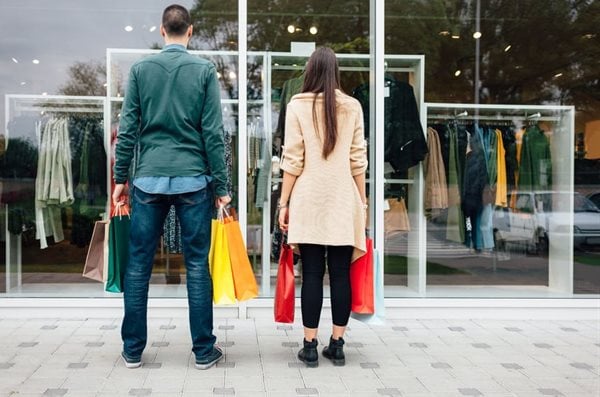






Nowhere will this be felt more acutely than in the retail sector where all non-essential stores have been closed since 27 March.
Government has gazetted regulations where tenants will be able to either take a payment holiday on their rent or receive discounts from landlords during the lockdown. This is designed to mitigate against some of the economic implications of not being able to operate. However, there are still concerns around what will happen to the affected retailers following the Covid-19 pandemic.
The repercussions of a nationwide lockdown will only truly be felt once it is over. Job losses and business closures will become a massive issue despite the assistance provided by the government through the aforementioned regulations and initiatives such as the Solidarity Response Fund, a R30 billion UIF lifeline, and others.
With the sector contributing approximately 20% of jobs in the country, any changes regardless of scale can create ripple effects beyond retail to impact everyone in the country.
While grocery and pharmaceutical stores will flourish during this crisis, other retailers will face what is referred to as an evolutionary bottleneck. This is when most living members of a species die and adaptive mutations flourish. And as in nature, there is no control of the mutations that will emerge.
Clearly, retail will irrevocably change not only in developing markets such as South Africa but also in first world ones such as the United States.
One of the ways this is expected to happen is through the convergence and hybridisation of conventional retail business models. For example, several grocery stores already have coffee shops in place and many restaurants have been experimenting with a more enhanced food delivery experience than just the traditional take-aways.
Internationally, some have already started food truck services at events much like we have in South Africa with school sports and music concerts.
Research has shown that even when food shortages hit markets in lockdown, consumers are still purchasing the same goods. Certainly, the basket size might be bigger, but shoppers turn to the brands they know and trust. This could however evolve, and South Africans might visit alternative stores they would not normally have frequented or consider other brand names because of shortages.
As such, brands and retailers will experience an unexpected sampling of products which could become a prime opportunity to engage with these ‘new’ consumers in different ways following the crisis.
Even though the digitalisation of retail has been an important corporate agenda item in recent months, an unexpected event such as Covid-19 will result in refocusing on how this becomes a practical reality in South Africa. While it does not have to be digital or nothing, local stores must consider integrating aspects of digital to provide customers with viable alternatives in a new market environment.


